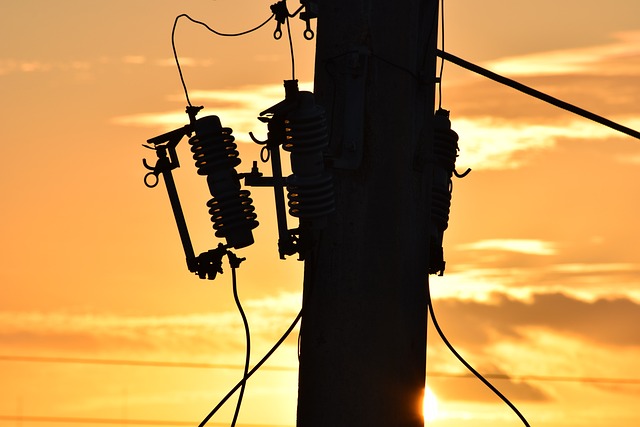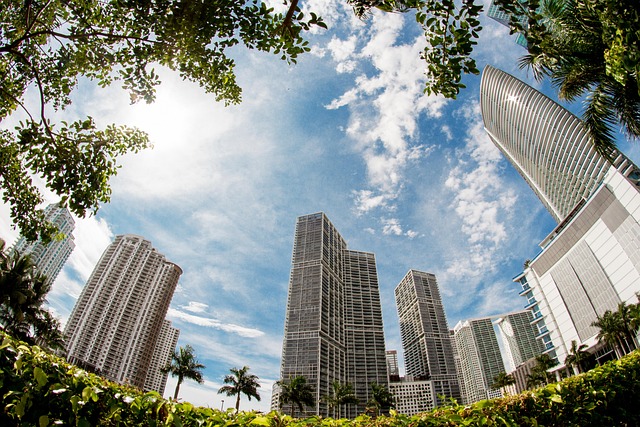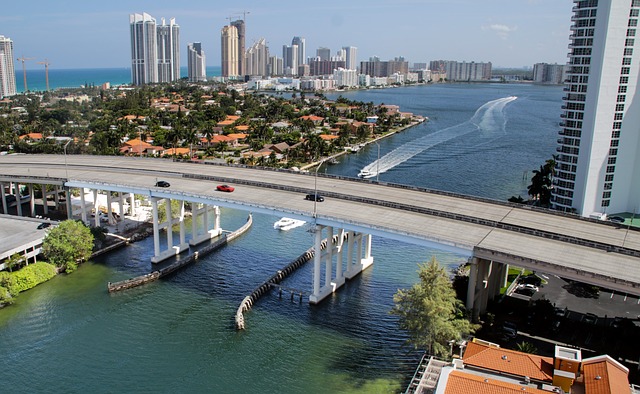In Florida, particularly Miami, understanding the Statute of Limitations is crucial for clergy abuse victims considering legal action. A specialized clergy abuse law firm in Miami FL helps navigate these complex cases within time limits, offering emotional support and ensuring survivors' rights are protected, even for historical abuse. These firms assist clients in understanding their options, from handling sensitive cases to filing civil lawsuits within 2-7 years of discovery, balancing victim protection with religious community stability. Their expertise ensures justice is served promptly while respecting confidentiality policies.
In Miami, Florida, understanding the statute of limitations for clergy abuse cases is crucial for survivors seeking justice. This comprehensive guide explores the legal framework protecting victims and holding abusers accountable within the state’s time limits for filing claims. From navigating common challenges to selecting the right clergy abuse law firm in Miami, FL, this article equips survivors with essential knowledge for pursuing their rights. Key considerations, practical tips, and relevant SEO keywords like ‘clergy abuse law firm Miami FL’ are integrated throughout.
Understanding the Statute of Limitations in Florida for Clergy Abuse Cases
In Florida, including Miami, the Statute of Limitations for civil lawsuits, including those involving clergy abuse cases, is a crucial aspect to understand when considering legal action. This legal concept sets a time limit on when an individual can file a lawsuit after the initial incident or discovery of harm. For personal injury claims, including allegations of abuse by religious leaders, the time frame is generally four years from the date the injury was discovered or should have been reasonably discovered.
When it comes to clergy abuse law firms in Miami FL, victims often seek legal counsel to help them navigate these complex cases. These specialized lawyers are adept at handling sensitive matters and ensuring that clients’ rights are protected within the prescribed time limits. They guide survivors through the process, providing support and advocating for their interests, especially when dealing with emotional trauma and the potential statutes of limitations.
The Legal Framework: Protecting Victims and Holding Offenders Accountable
In Miami, Florida, the statute of limitations for clergy abuse cases plays a crucial role in protecting victims and ensuring justice. A clergy abuse law firm in Miami FL specializes in navigating these complex legal frameworks, which vary based on the type of abuse and when it occurred. Typically, the time frame for filing civil lawsuits related to sexual or physical abuse within the church is limited, often ranging from 2 to 7 years from the date of the incident. However, there are exceptions and extensions under specific circumstances, allowing victims to seek redress even after the standard period has passed.
These laws are designed to strike a balance between protecting victims’ rights and promoting stability in religious communities. A clergy abuse law firm in Miami FL helps survivors understand their options within this legal landscape, offering support and guidance to hold accountable those who have committed such abuses while ensuring that justice is served promptly.
Time Limits for Filing: Key Considerations for Survivors of Clerical Abuse
Survivors of clerical abuse in Miami, Florida, must understand the stringent time limits for filing legal claims. According to the clergy abuse law firm Miami FL, these cases are often subject to shorter statutes of limitations compared to other personal injury matters. The time frame typically starts from the date the victim becomes aware or should have reasonably known about the abuse. This means that individuals who suffered sexual or emotional harm at the hands of a cleric must take prompt action, as waiting too long could bar their right to seek justice and compensation.
Key considerations for survivors include recognizing the abuse, understanding the legal options available, and acting swiftly. Consulting with an experienced clergy abuse law firm Miami FL can provide invaluable guidance on navigating these complex matters. Legal professionals specializing in this field can help victims understand the applicable laws, file claims within the prescribed time limits, and pursue appropriate legal remedies to hold perpetrators accountable.
Common Challenges in Clergy Abuse Lawsuits and How to Overcome Them
Many survivors of clergy abuse face significant challenges when considering legal action due to various barriers. One of the primary obstacles is the statute of limitations, which restricts the time a victim has to file a lawsuit. In Florida, including Miami, the time frame can be complex, especially in cases involving minors or those who have been subjected to long-term abuse. A clergy abuse law firm in Miami FL can help navigate these legal intricacies and provide guidance on the applicable statutes. They understand that each case is unique and require tailored strategies to ensure any potential claims are not hindered by time constraints.
Surviving victims may also struggle with emotional and psychological trauma, which can impact their ability to remember key details or take timely action. Additionally, religious institutions often have strict confidentiality policies, making it hard for victims to come forward without fear of repercussions. Clergy abuse law firms in Miami FL are equipped to handle these sensitive matters discreetly, offering support and assistance to help clients regain control of their lives after such devastating experiences.
Choosing the Right clergy Abuse Law Firm in Miami, FL: Tips and Guidelines
Choosing the right clergy abuse law firm in Miami, FL, is a crucial step in navigating complex legal issues surrounding religious abuse cases. With various options available, it’s essential to select a law firm that possesses the expertise and compassion needed to handle such sensitive matters. Look for firms specializing in clergy abuse litigation, with proven experience advocating for victims.
When evaluating candidates, consider their track record of successful cases, knowledge of local laws and statutes, including the specific clergy abuse law in Florida, and a commitment to protecting the rights of survivors. Additionally, ensure the firm offers a supportive environment, maintains strict confidentiality, and provides clear communication throughout the legal process.





